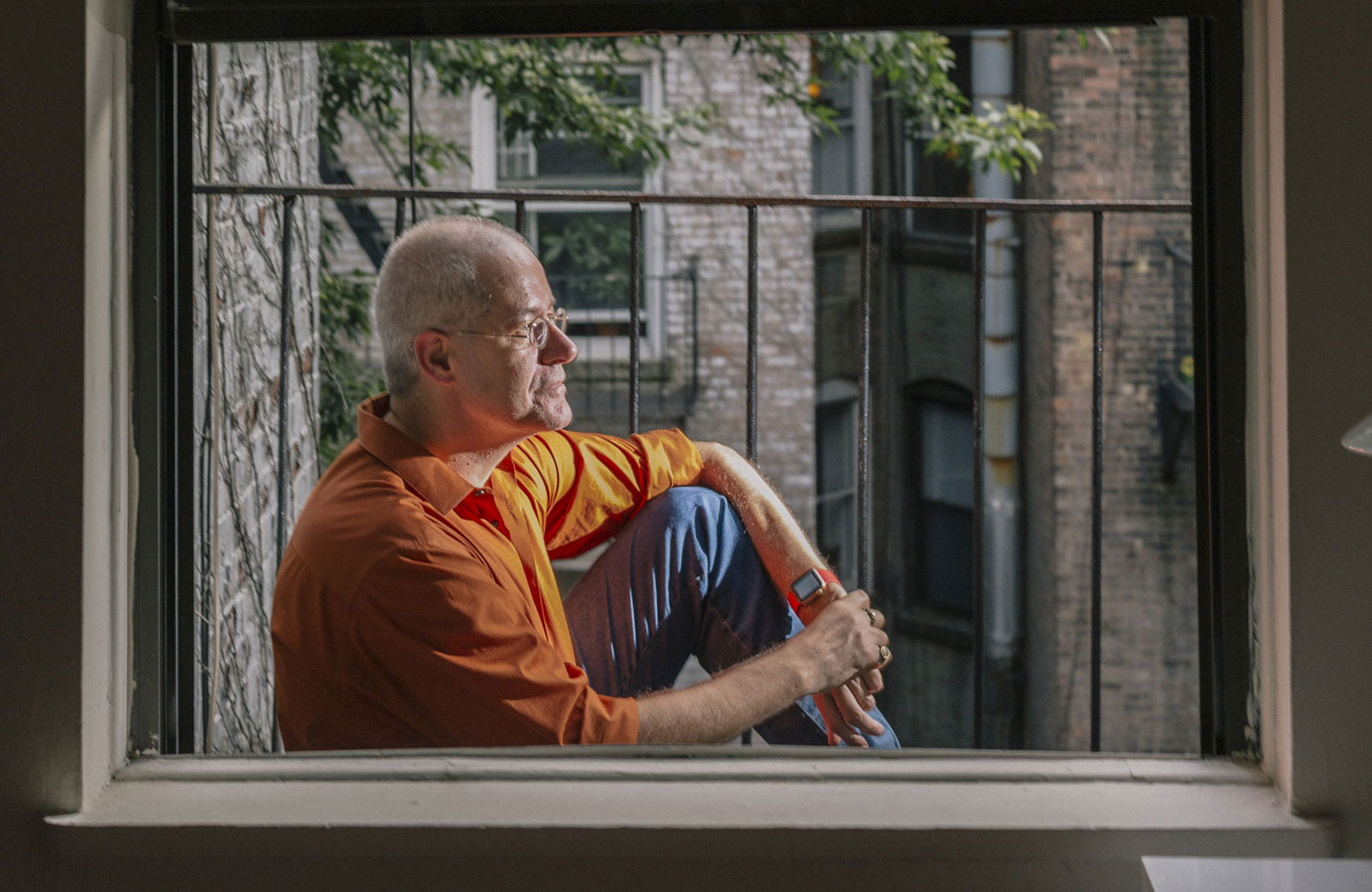Some people when stressed ask: What would Jesus do? or What would Luke Skywalker do? Massimo Pigliucci ’94 Ph.D. asks: What would Epictetus do?
Pigliucci believes the teachings of ancient Stoic philosophers like Epictetus can help us temper our response to the everyday tensions of life. In “A Handbook for New Stoics: How to Thrive in a World Out of Your Control,” he provides 52 weekly lessons applying the teachings to modern life.
Although he credits stoicism with alleviating the daily stressors of his personal, public, and social life, Pigliucci hasn’t always been a Stoic — or even a philosopher. After getting his doctorate under Carl Schlichting, head of the Ecology and Evolutionary Biology (EEB) Department at UConn, he became an assistant professor in EEB at the University of Tennessee, where he made significant contributions to the field and even won the Theodosius Dobzhansky Prize for outstanding young evolutionary biologist.
Then “I had a midlife crisis of sorts,” he says. “The year I turned 40, I got divorced and my father died. So I started feeling that, professionally, I needed to do something else.” Hence, graduate school for philosophy — which he considers one of the best decisions of his life.
But that’s not what brought him to Stoicism. Twitter did. He saw a “Help us celebrate Stoic Week!” tweet, decided to try it out, and was so impressed that he wrote “How to Be a Stoic” about his experience while on sabbatical in Italy. Read on.



